Navigating the Governance of Emerging Technology with Quantinuum’s Kaniah Konkoly-Thege
At Quantum World Congress 2024, an insightful fireside chat titled "Quantum & Law" featured Quantinuum's Kaniah Konkoly-Thege and Arizona State University's Gary Marchant. The session focused on the delicate balance between innovation and regulation in the quantum industry and explored lessons from other emerging technologies.
The Regulatory Dilemma
Kaniah and Gary kicked off the discussion by addressing the core issue: when and how to regulate quantum technology. Drawing from decades of experience with biotech and AI, Marchant introduced the "Collingridge Dilemma"—a concept that warns against regulating too early or too late. He explained that early regulation could stifle innovation by focusing on hypothetical risks, while waiting too long could lead to unregulated dangers. Both speakers agreed that while quantum holds potential risks, it’s too early to impose stringent regulations.
Lessons from Biotech and AI
Marchant shared fascinating historical insights from the biotech industry, where early regulatory frameworks aimed to manage the public’s fear of genetically modified organisms. He pointed out that these regulations ultimately benefited large multinational corporations, while squashing innovation from smaller companies and academic researchers. "Regulation should not be driven by fear, but by informed understanding," he said. Both Marchant and Konkoly-Thege urged the quantum community to avoid the same fate.
AI and Quantum: A Cautionary Tale
As AI has grown, so too have the regulatory challenges. Konkoly-Thege highlighted the parallels between AI’s current regulatory landscape and the future of quantum. With Europe leading the way in aggressive governance, there’s a danger of applying AI’s frameworks to quantum, a practice that could miss the unique aspects of quantum technology. "The risks in AI and quantum are not the same," she said, cautioning against blanket regulations that fail to account for quantum’s complexity.
Quantinuum's Kaniah Konkoly-Thege and Arizona State University's Gary Marchant
Soft Law and Industry Standards
The conversation turned to soft law—self-regulation by the industry—as a potential solution. Marchant noted that in the AI space, soft law mechanisms like best practices, codes of conduct, and private standards have played a critical role in governance. However, the proliferation of competing standards (over 800 in AI alone) creates confusion for companies. The speakers urged the quantum community to take a unified approach to developing industry standards and frameworks.
The Role of Industry in Shaping Policy
Konkoly-Thege emphasized the importance of industry involvement in shaping quantum governance. As she put it, “Industry’s voice must be heard early and often to avoid overregulation.” She warned that small companies could face significant barriers if regulatory frameworks come into place too early, much like what happened in biotech.
Looking Ahead: A Call for Reasoned Governance
Both speakers concluded with a call for thoughtful, well-informed governance that doesn’t impede the growth of quantum innovation. The chat underscored the importance of preparing for future risks without jumping into unnecessary regulation. As quantum continues to evolve, maintaining a balance between regulation and innovation will be key to ensuring the technology reaches its full potential.
With insights from seasoned professionals, this session provided valuable lessons for the quantum industry as it begins navigating the complex world of governance and regulation.






